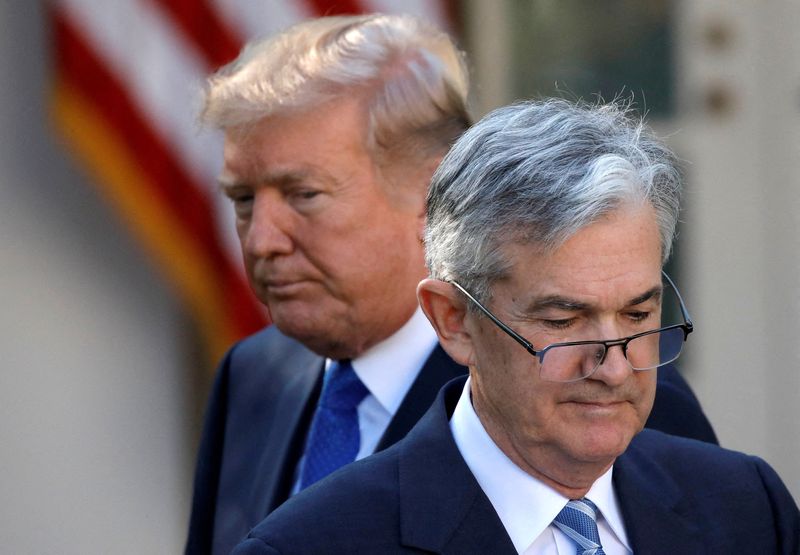
Introduction
Jerome Powell, the Chair of the U.S. Federal Reserve, has become a pivotal figure in shaping economic policy during tumultuous times. Since taking office in 2018, his decisions have significantly influenced monetary policy, the job market, and inflation rates. With the economy navigating challenges such as the COVID-19 pandemic and rising inflation, Powell’s leadership and strategies warrant close attention for their far-reaching implications.
Current Economic Landscape
As of 2023, the U.S. economy has been under pressure from persistent inflation, which has remained above the Federal Reserve’s target of 2%. Rising costs of living and supply chain disruptions have further complicated the economic recovery. Under Powell’s guidance, the Fed has implemented a series of interest rate hikes aimed at tempering inflation; rates have increased by 300 basis points since early 2022. These decisions have elicited mixed reactions from economists and market observers, reflecting diverse predictions for economic stability and growth.
Policy Responses and Metrics
In response to these challenges, Powell has emphasized the importance of a flexible monetary policy. The Fed’s dual mandate focuses on maximum employment and stable prices, and Powell’s statements often underline the necessity of balancing these goals. In the recent September meeting, policymakers unanimously agreed to maintain heightened interest rates while closely monitoring economic indicators. The Fed continues to express its commitment to controlling inflation without suppressing growth entirely.
Powell’s Approach to Future Challenges
Looking forward, Powell faces critical challenges including geopolitical volatility and economic performance indicators that could impact the Fed’s actions. In light of potential recessions or economic slowdowns, Powell’s commitment to transparent communication remains vital for maintaining public confidence in the Fed’s policies. His approach toward mitigating inflation, while supporting employment, will be key as the Federal Reserve navigates the complex landscape ahead.
Conclusion
Jerome Powell’s tenure as Chair of the Federal Reserve has significantly impacted monetary policy in the U.S. and continues to affect global markets. The balance he seeks between curbing inflation and supporting economic growth is crucial for Americans and the global economy. Observers will closely track Powell’s decisions and their ramifications for the economy, as they will greatly influence financial stability and public confidence in economic recovery in the coming years.



